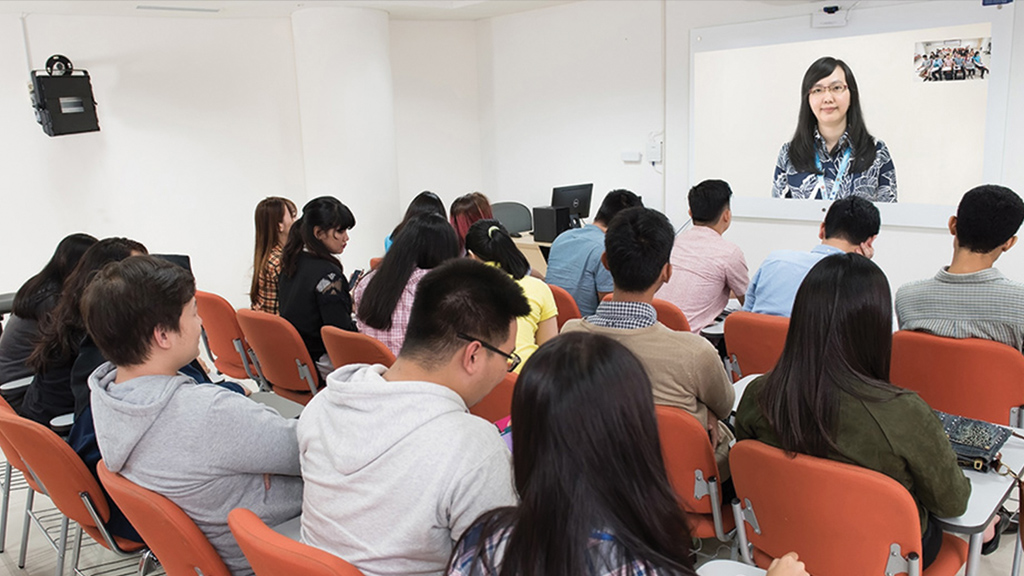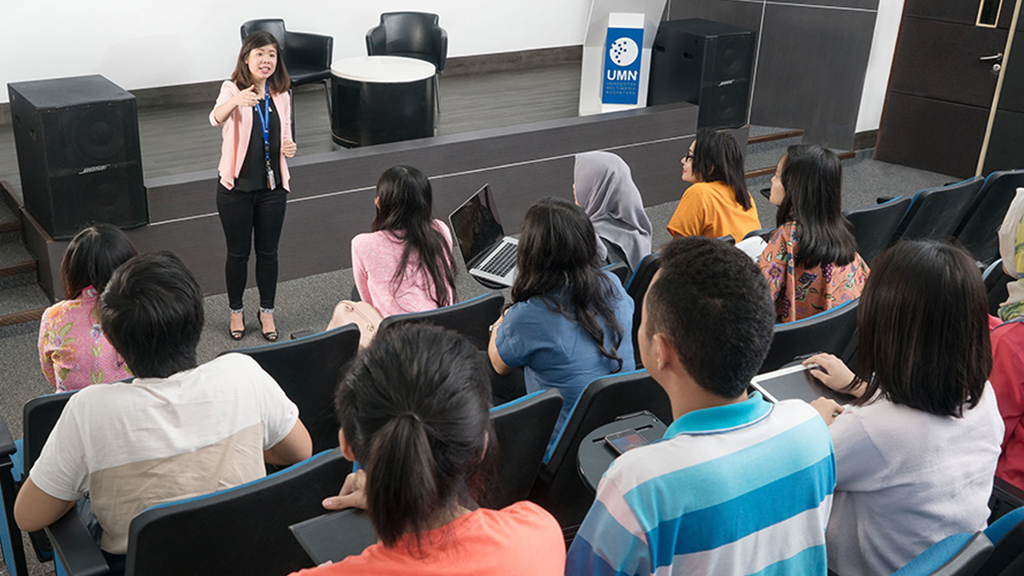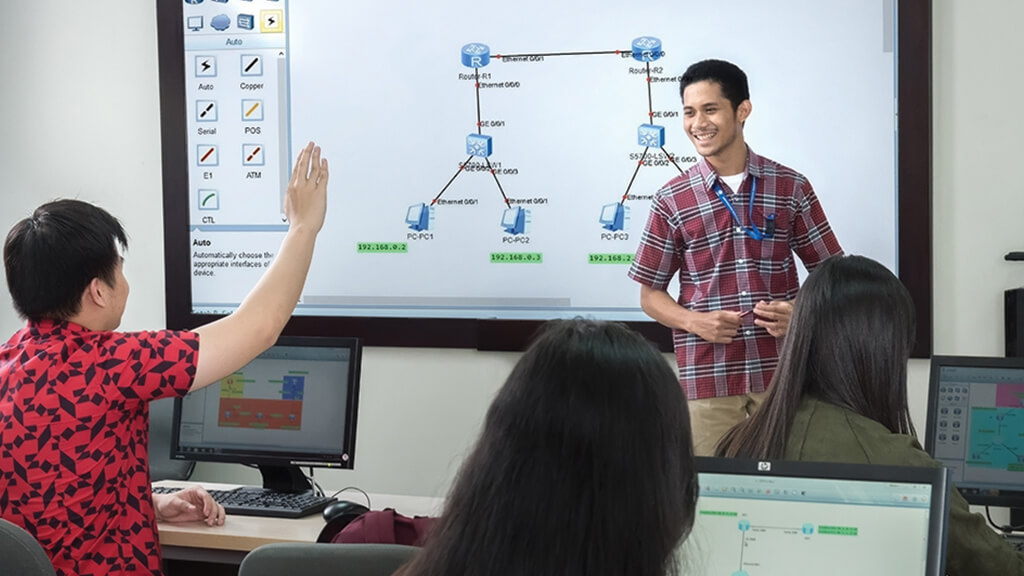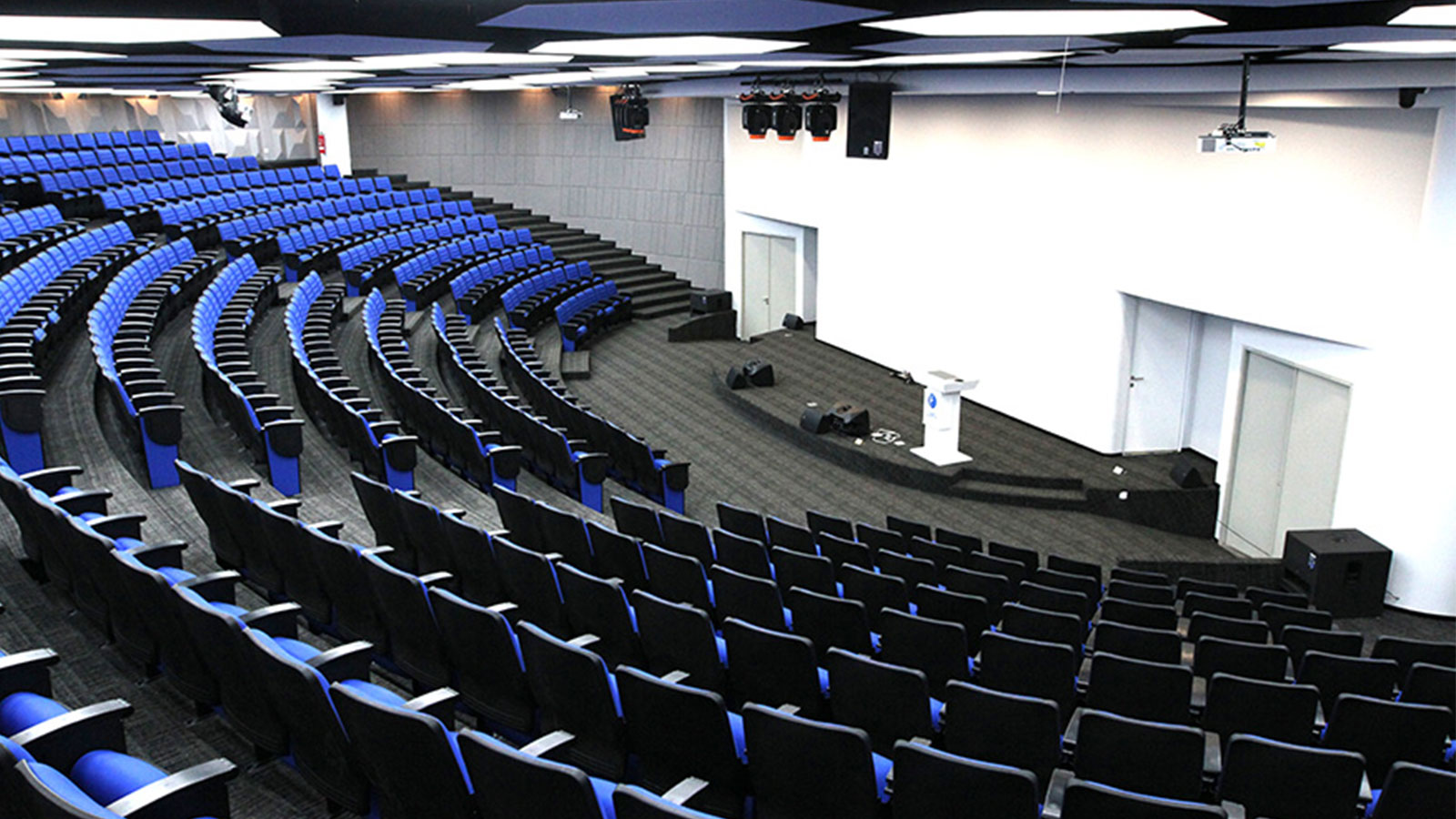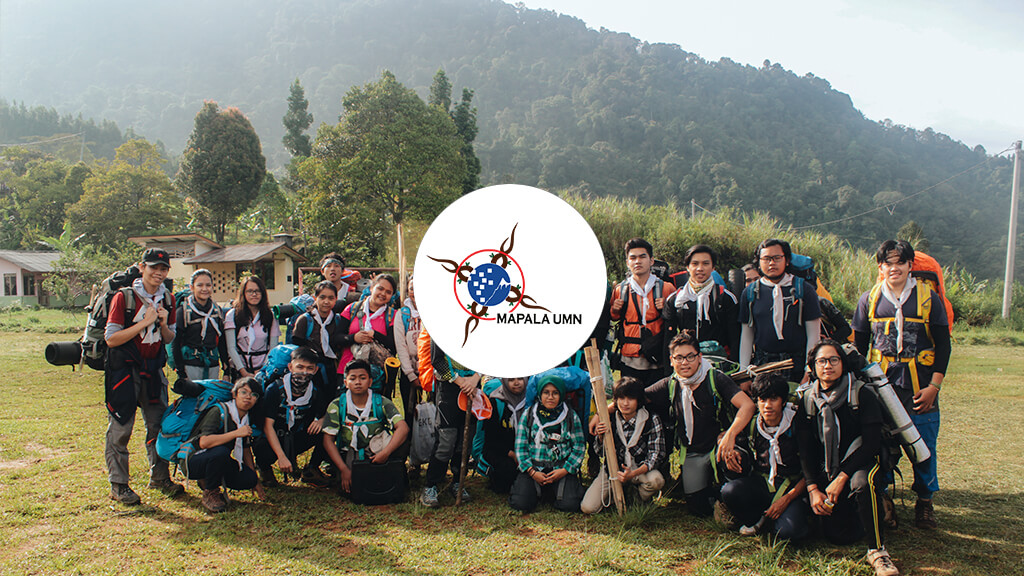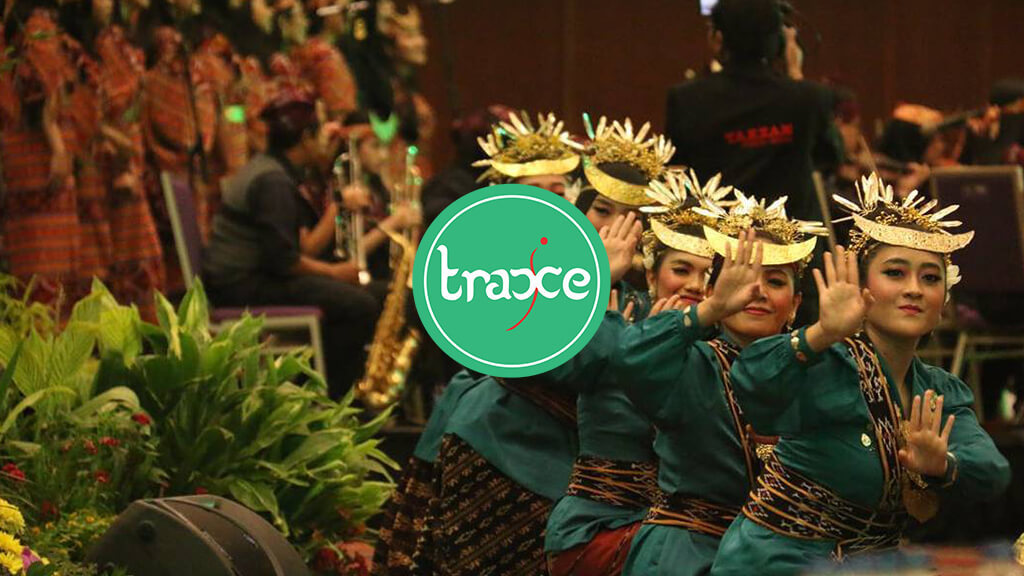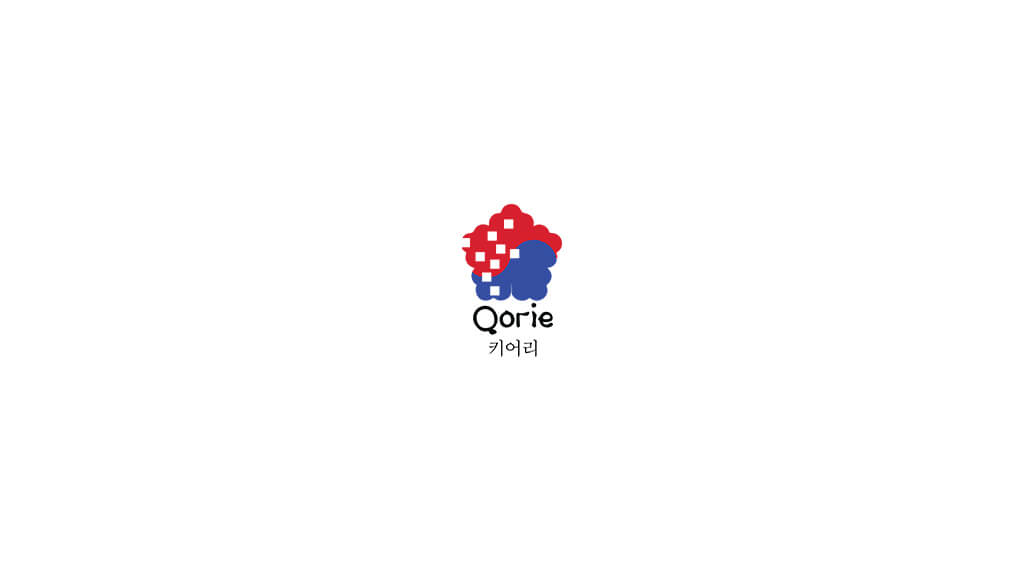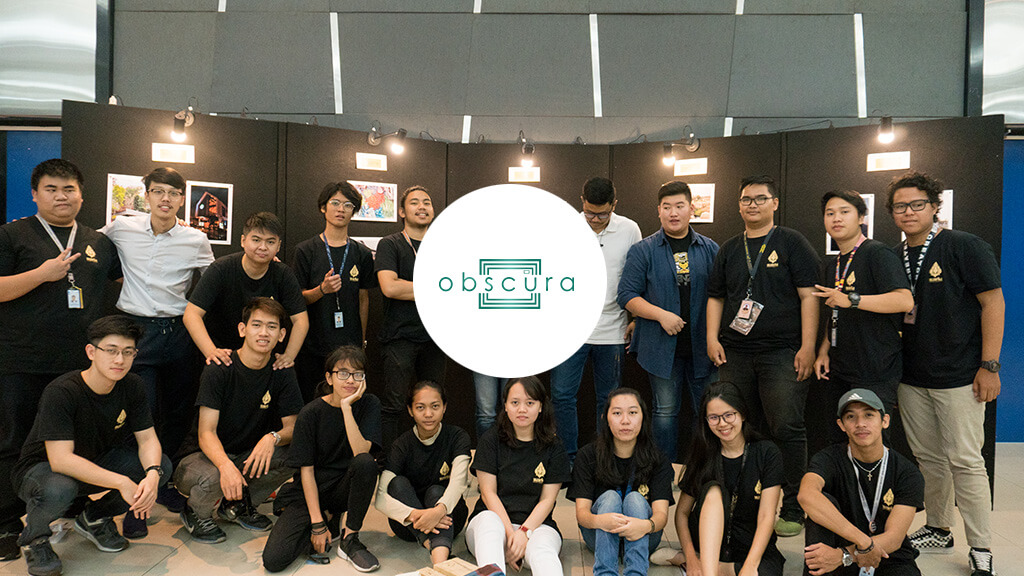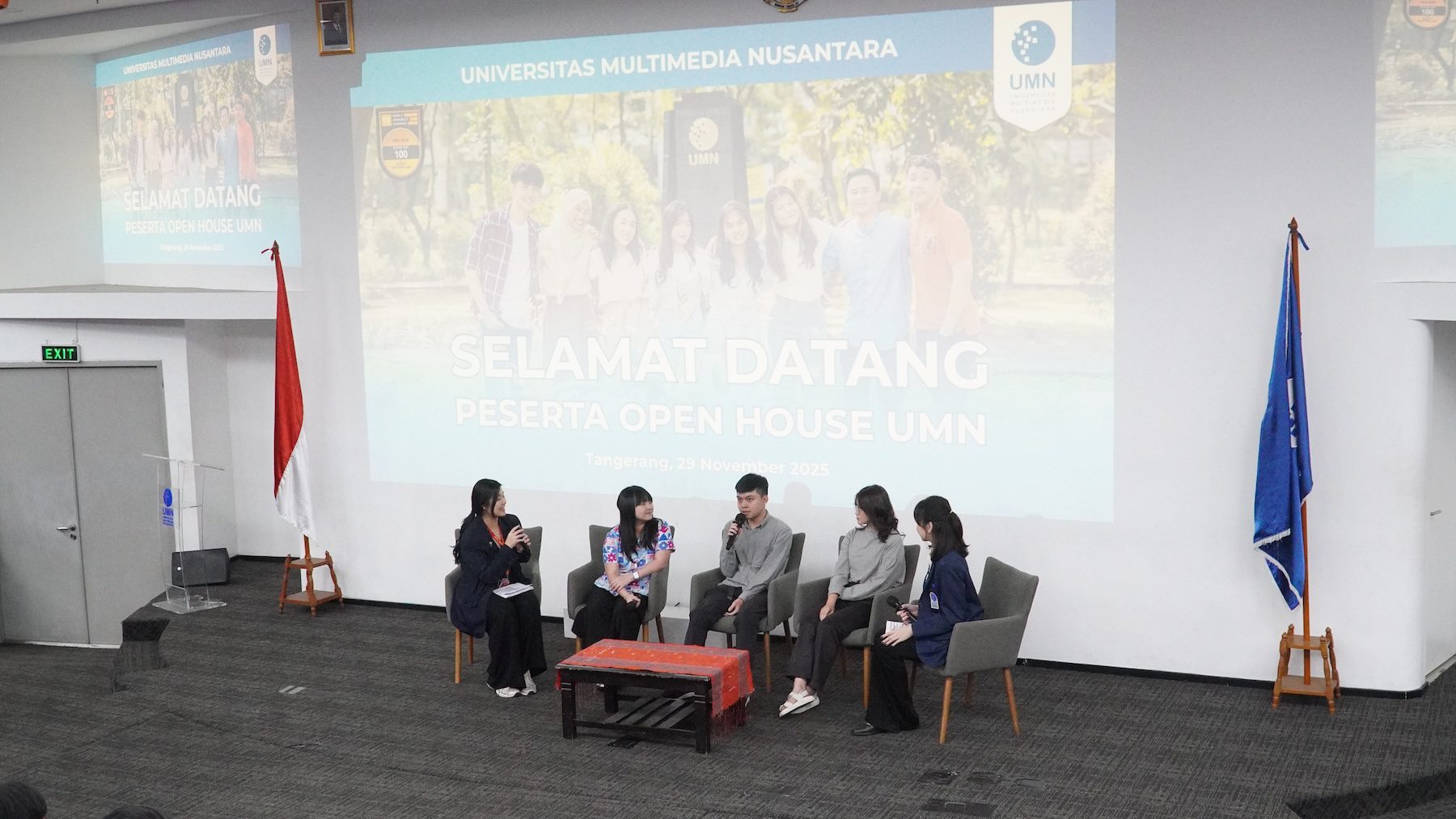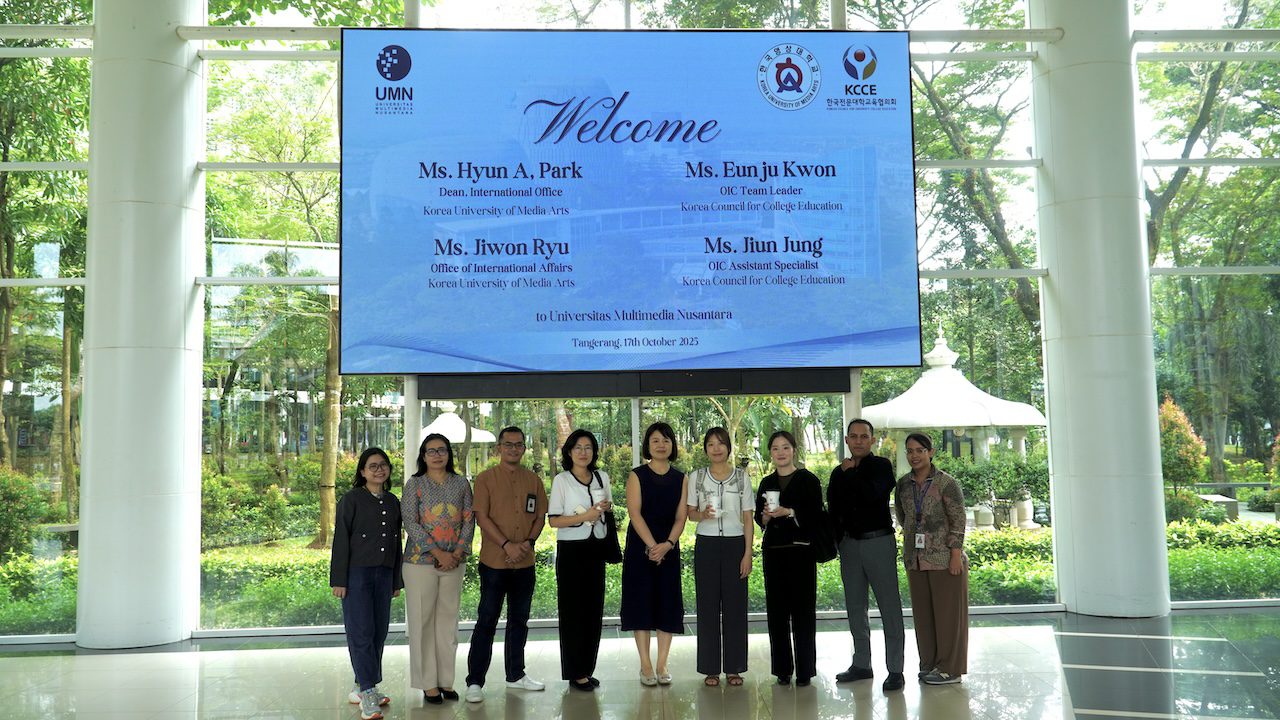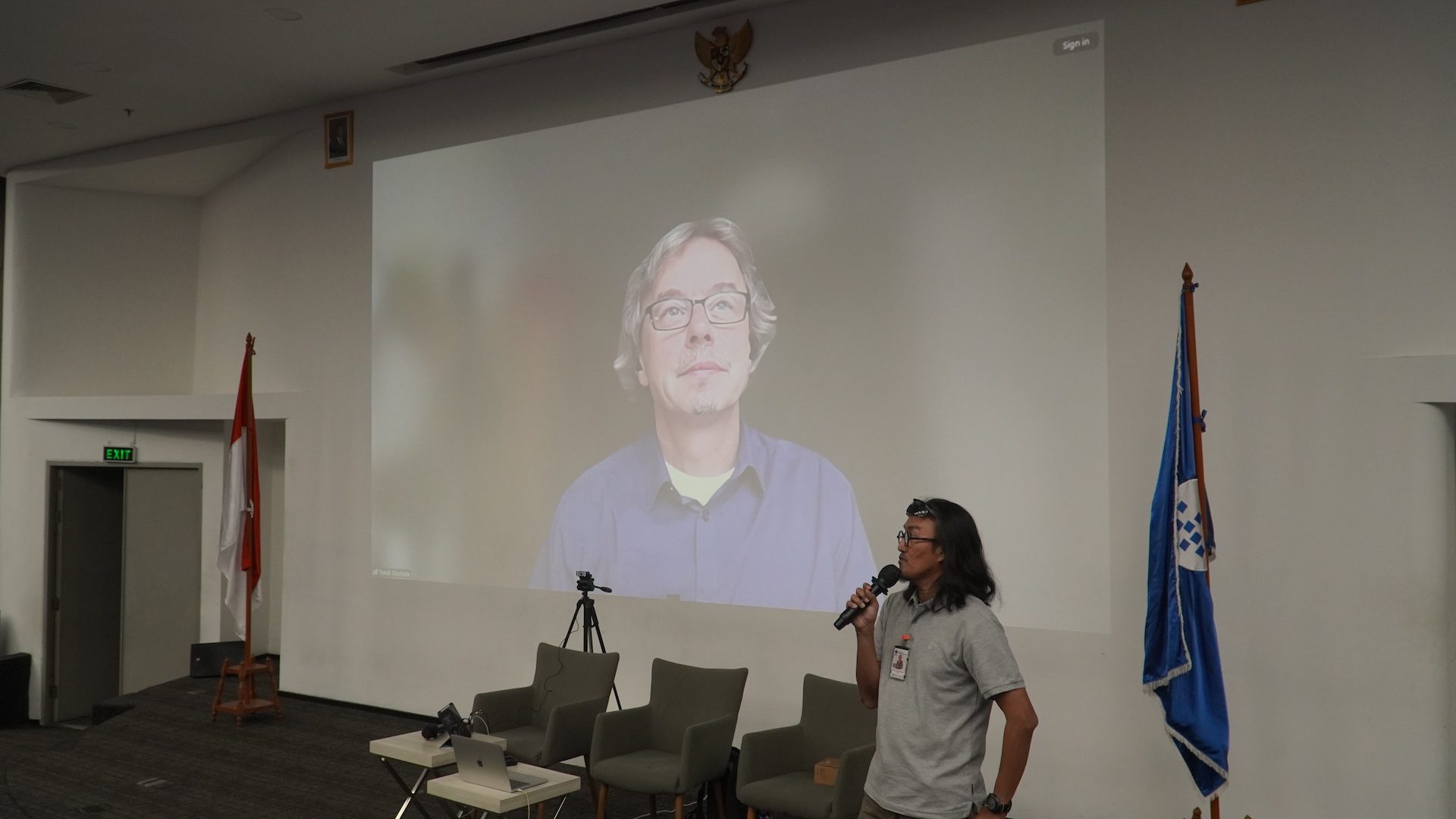Undergraduate Program in
Information System
What is Information Systems?
Information Systems is a combination of information technology and business management. In this study program, students will learn how to create and build a system companies can use to manage a business.
Through the data obtained, students will learn how to analyze, process, and visualize it so that it can be used as a consideration by business management in making decisions in a company.
UMN’s Information Systems study program is a place for students to learn how to manage information, which can be used to design a useful system for human activities.
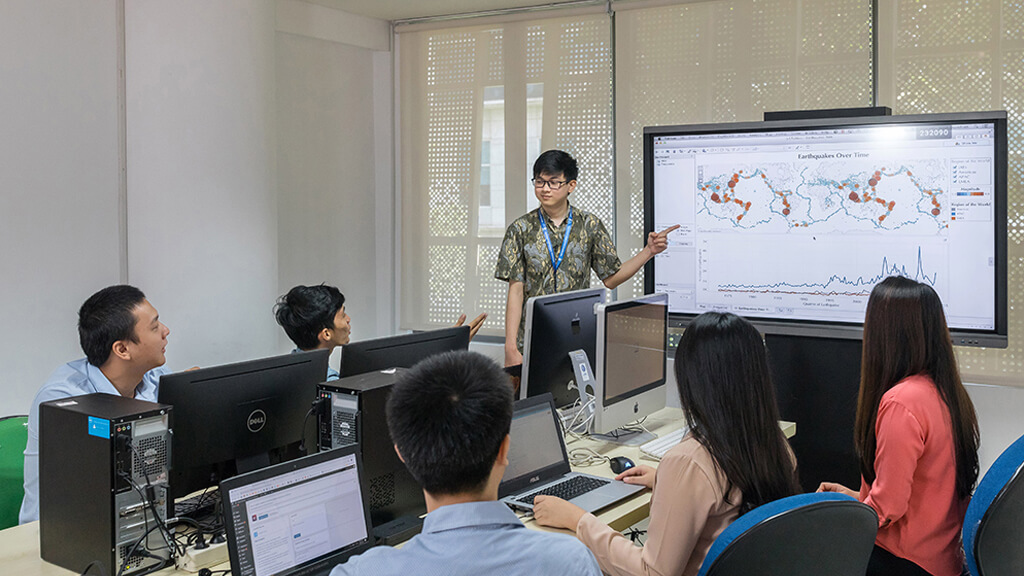

Why Choose
UMN’s Information System?
UMN’s Information Systems study program has several specializations students can choose from to learn more deeply. UMN Information Systems focuses on Mahadata, so several specializations that support this include Big Data Analytics, Enterprise Resource Planning Specialist, and Database Specialist.
Of course, this will prepare students to face technological and industrial developments in the future. In addition, UMN Information Systems students will have the opportunity to get two international certifications, namely the Data Visualization certificate and the Data Modeling certificate, which will be very useful for students in the world of work later.
ECTS Points Table
| ECTS Points | 146 SKS |
| Education Type | Bachelor Program |
| Duration | 4 years |
| Language | Bahasa Indonesia |
| Bachelor's Degree | Bachelor of Computer (S.Kom.) |
Vision & Mission
Vision
To become an outstanding undergraduate Information Systems program that produces international-minded graduates who are competent in analyzing, designing, and implementing information systems and have entrepreneurial spirit and noble character.
Mission
- To conduct a quality learning process, supported by professional lecturer, and curriculum which is up to date and promotes the link and match between education and industry.
- To conduct research that contributes to the development of ICT-based Information Systems.
- To deliver society services especially in using the ICT-based Information Systems that promote the organization’s performance.
Specialization / Focusing / Concentration
| Specialization | Expertise |
| Enterprise Resource Planning | Business Processes, SAP ERP Configuration, ERP Implementation |
| Business Intelligence | Data Analyst, Data Warehouse, Data Mining, Data Visualization, Decision Support Systems |
| Database Systems | Database Design,Development, Backup-Recovery and Tuning Quality Assurance, IT Corporate Governance, SOP,COBIT 5 |
Career Prospect
Information System graduates possess a diverse range of soft and hard skills, which opens numerous career prospects in the field of information systems. These potential career opportunities encompass a range of positions, including (but are not limited to) roles such as information system specialist, data scientist, data analyst, business intelligence developer, database developer, database administrator, ERP consultant, ERP system developer, researcher, technopreneur, or academia.
Further Study
Those who hold a Bachelor’s degree in Information Systems from UMN can gain a Master’s degree in Information Management, Information Technology, Computer Science, and Management and Business.
Learning Access
Prepare students to become information systems graduates who master knowledge and skill regarding data, have an entrepreneurial spirit, and are able to design an application system based on computer science principles and use modern frameworks to help solve problems that exist in society
Graduate Profile
Graduates are expected to become experts in the field of information system who master the understanding of big data and are able to design, build, and manage a system to assist problem solving and decision making. In addition, they are expected to be able to create entrepreneurial concepts based on information systems, especially in the future technology industry which is increasingly sophisticated.
Entry Requirement
- Graduated from Senior High Schools – Natural Science and Social Science Program
- Graduated from Vocational High Schools in Computer Engineering, Engineering Informatics, Computer and Network Engineering.
Partnership & Collaborations
Information Systems UMN has worked with Cybertrend in issuing Data Visualization and Data Modeling certifications which are intended for students of information systems study programs. Then, to support the deepening of the specializations in this study program, we have also collaborated with SAP and Oracle in providing systems that support ERP and Database specializations.

ECTS Points Table
| ECTS Points | 146 SKS |
| Education Type | Bachelor Program |
| Duration | 4 years |
| Language | Bahasa Indonesia |
| Bachelor's Degree | Bachelor of Computer (S.Kom.) |
Career Prospect
Information System graduates possess a diverse range of soft and hard skills, which opens numerous career prospects in the field of information systems. These potential career opportunities encompass a range of positions, including (but are not limited to) roles such as information system specialist, data scientist, data analyst, business intelligence developer, database developer, database administrator, ERP consultant, ERP system developer, researcher, technopreneur, or academia.
Further Study
Those who hold a Bachelor’s degree in Information Systems from UMN can gain a Master’s degree in Information Management, Information Technology, Computer Science, and Management and Business.
Student Scholarships
UMN scholarship program is offered to high school students in 12th grade who have academic, sports, and artistic achievements while in 11th grade. In addition, UMN also offers the program to high school/vocational school students who won medals in the National and International Science Olympics. As a form of appreciation for the dedication of teachers and employees/ staff in educating the nation's children, UMN provides scholarships in the form of a 50% reduction in fees for teachers/principals and a 30% reduction in fees for children of the employees/staff in high schools/vocational schools (both public and private) who want to continue their education at UMN.
Entry Requirement
- Graduated from Senior High Schools – Natural Science and Social Science Program
- Graduated from Vocational High Schools in Computer Engineering, Engineering Informatics, Computer and Network Engineering.
Students are required to attend academic guidance meetings at least 3 times per semester. The schedule of the meetings will be provided by the respective academic supervisors. Students have to bring the academic guidance book for the meeting and they need to make sure that the academic supervisor signs it.
Continuing Education Department (CED) adalah program pengembangan pendidikan di Universitas Multimedia Nusantara (UMN) yang merupakan bagian dari Grup Kompas Gramedia. Kami memiliki berbagai program dalam kursus bahasa, pengembangan manusia, Pusat Pengujian untuk sertifikasi nasional dan internasional, dan program pelatihan. CED UMN dirancang untuk memenuhi kebutuhan siswa sekolah menengah dan perguruan tinggi, serta masyarakat dan profesional.
Students are encouraged to find their own companies / agencies for their internships that align with the focus of the Information System Study Program i.e. Industrial Automation. Information about available internships can be obtained from other students, social media, job fairs, advertisements in print or electronic media or even through the UMN Career Development Center (CDC).
To complete the Undergraduate Program (S-1) at Multimedia Nusantara University, students must prepare, present, and defend the thesis in front of the thesis examination board, in accordance with the provisions of the study program. The preparation of the thesis is done individually and the students can choose the supervisor directly provided that the selected supervisor agrees.
In connection with the New Normal regulations, UMN implements its teaching system in accordance with the Press Release of the Ministry of Education and Culture of the Republic of Indonesia Number 137/sipers/A6/VI/2020 concerning Guidelines for The Implementation of Learning in the School Year and New Academic Year during the COVID-19 Pandemic, Chapter of the Learning System in the Higher Education Environment.
Theoretical concepts and strategies for implementing information systems in an organization are specifically related to the process of creating, managing, storing, distributing and monitoring data, information and knowledge in every order and scope of the organization, the basics of informatics techniques, corporate business strategy and strategy. information system development.
To support the learning process, umn provided a complete and sophisticated college facility, according to industrial standards. Through the existence of the facility, students have been invited to be close to the industrial world since sitting in college and to have competence that matches the needs of the industry. That way, it will make it easier for umn students to find jobs, even before graduation.
Extracurricular Student Activities
In order to help students explore and develop their non-academic potentials, UMN also provides a variety of extra-curricular activities for students which is locally called UKM, Student Activity Unit.

SEE OTHER
UMN’S STUDENT ACTIVITIES
Penelitian Hibah DIKTI - Sistem Informasi
Rekapitulasi Penelitian Internal - Sistem Informasi
Daftar Kegiatan PKM Dosen
Rekapitulasi Inovasi Hak Cipta - Sistem Informasi
Rekapitulasi Inovasi Merek - Sistem Informasi
CERTIFICATION
Information Literacy
Information literacy is an ability that individuals have in determining, searching, managing and evaluating information effectively and efficiently. This training is open to UMN active students. For further information, please contact: library.umn.ac.id
Continuing Education Department
Continuing Education Department (CED) is an educational development program at Multimedia Nusantara University (UMN) which is part of the Kompas Gramedia Group. We have various programs in language courses, human development, Testing Centers for national and international certification, and training programs. UMN's CED is designed to meet the needs of high school and college students, as well as communities and professionals.
While studying Information Systems at UMN, I developed not only technical skills but also business skills. UMN Information Systems students are designed not only to be able to create/use the latest technology but also to apply it in the business world so that it can make a meaningful impact. Lecturers at UMN not only teach academic knowledge but also teach how business processes work in the real world.
Rickent Putra Haki
Alumni Sistem Informasi 2014
Business Intelligence Consultant & Trainer at Deloitte Indonesia
Information System
The curriculum is designed in such a way to prepare graduates who are able to design database system, to develop application tools, to create infrastructure system, to design and build a smart system for various people’s activities.
Ririn Ikana Desanti, S.Kom., M.Kom.
Director of Studies of Information Systems Program
























